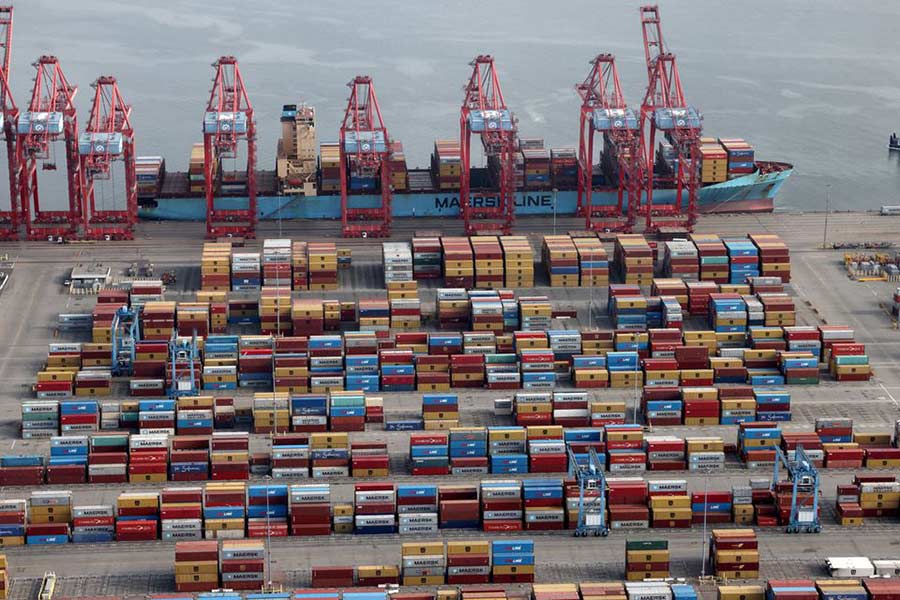WASHINGTON- Dana Peterson, the chief economist at the Conference Board, sees a clear conclusion in the sharp decline of the US business group’s Leading Economic Index: If recession isn’t already taking hold in the United States, then it will soon.
Tell that to Matt Malone, the chief executive officer of Groundworks, and the response is anything but recessionary – with his residential foundation and water management company still booking strong sales, pressing to fill several hundred open jobs, and seeing consumers ready to spend.
“We’ve been talking about impending recession for several quarters now,” said Malone, whose Virginia Beach-based company has a national footprint. “There’s a lot of confusion and mixed signals as to what’s going on with the consumer … At the end of the day, we have not seen it affect our business yet.”
Such is the mystery of the US economy, and increasingly the global one as well, three years after the onset of a devastating pandemic, a year and a half into a still-developing inflation surge, and many months into predictions of recessions that continue to miss the mark.
Major central banks have jacked up interest rates at a pace many policymakers and economists thought would prove crushing, perhaps taming inflation but at a high cost.
Inflation has slowed a bit, but not so fast or so far that any central banker feels the war is won, and recent data have shown the progress to be slowing.
Demand for goods and services has fallen in sectors like housing and technology that are both highly sensitive to interest rates and were big pandemic winners perhaps due for a trim; but economy-wide, many of the recent surprises have been to the upside as consumers keep finding the means to spend.
The job market?
Businesses like Malone’s don’t seem to have gotten the memo. The US unemployment rate, at 3.4 percent, is the lowest it has been since 1969. At this point, Fed officials are less concerned about recession than of trends like labor hoarding that may keep available workers scarce and prevent the modest rise in unemployment many of them feel is needed for inflation to fall.
Cleveland Fed President Loretta Mester said in a CNBC interview on Friday that she felt the economy would grow “well below trend” this year, but grow nonetheless.
While some sectors are slowing, “coming into this year there was a little bit more underlying strength than forecasters thought,” Mester said, while businesses “have spent so much effort to hire people they are going to do everything they can to keep people on staff, so after we get beyond this slowdown they will have the staff they need.”
Globally, similar dynamics have developed as seemingly inevitable recessions in the euro zone and the United Kingdom have given way to modest ongoing growth.
Unusually warm weather and lower energy prices have helped. So has unexpectedly strong consumer spending and, for the world outlook, the reopening of China’s economy from strict COVID lockdowns. – Reuters





